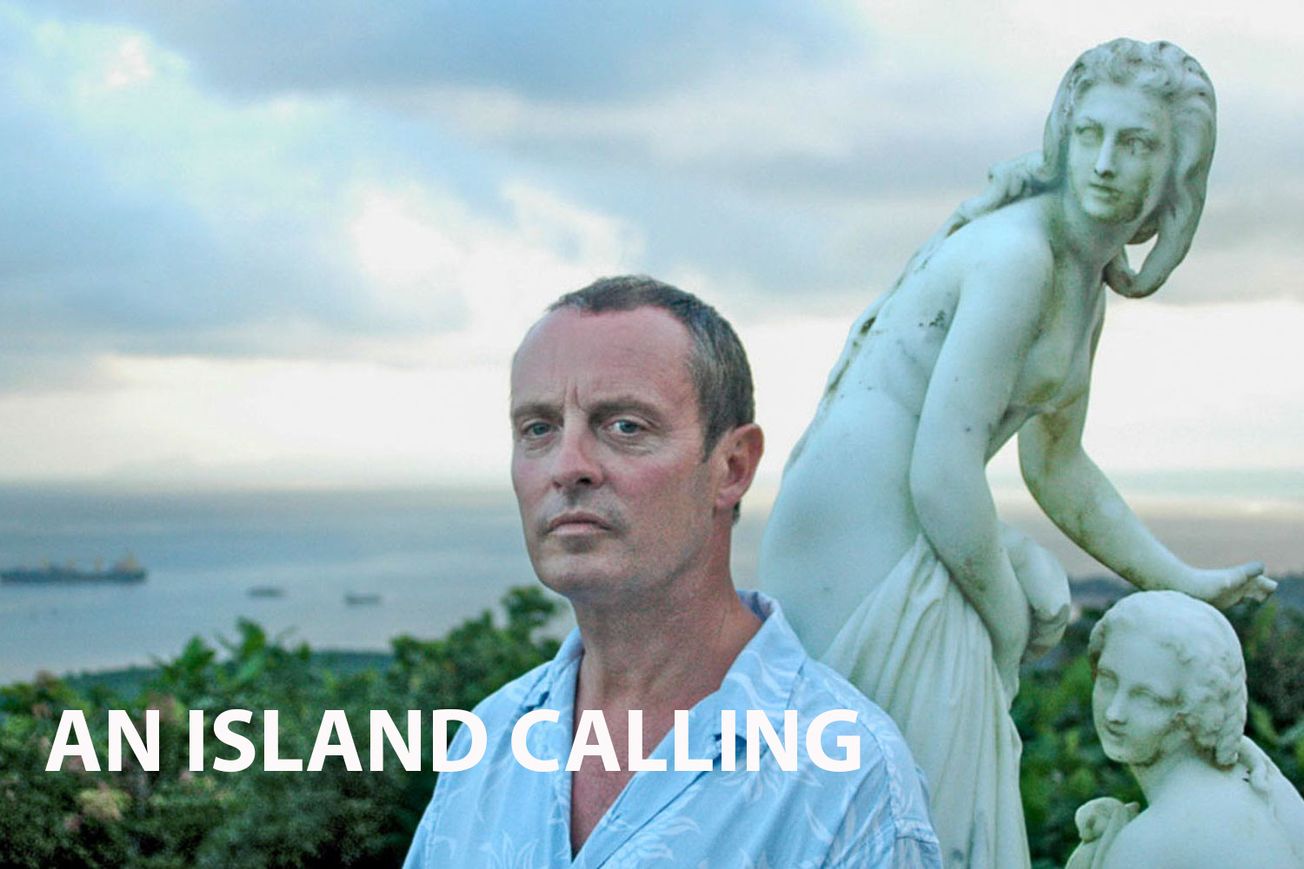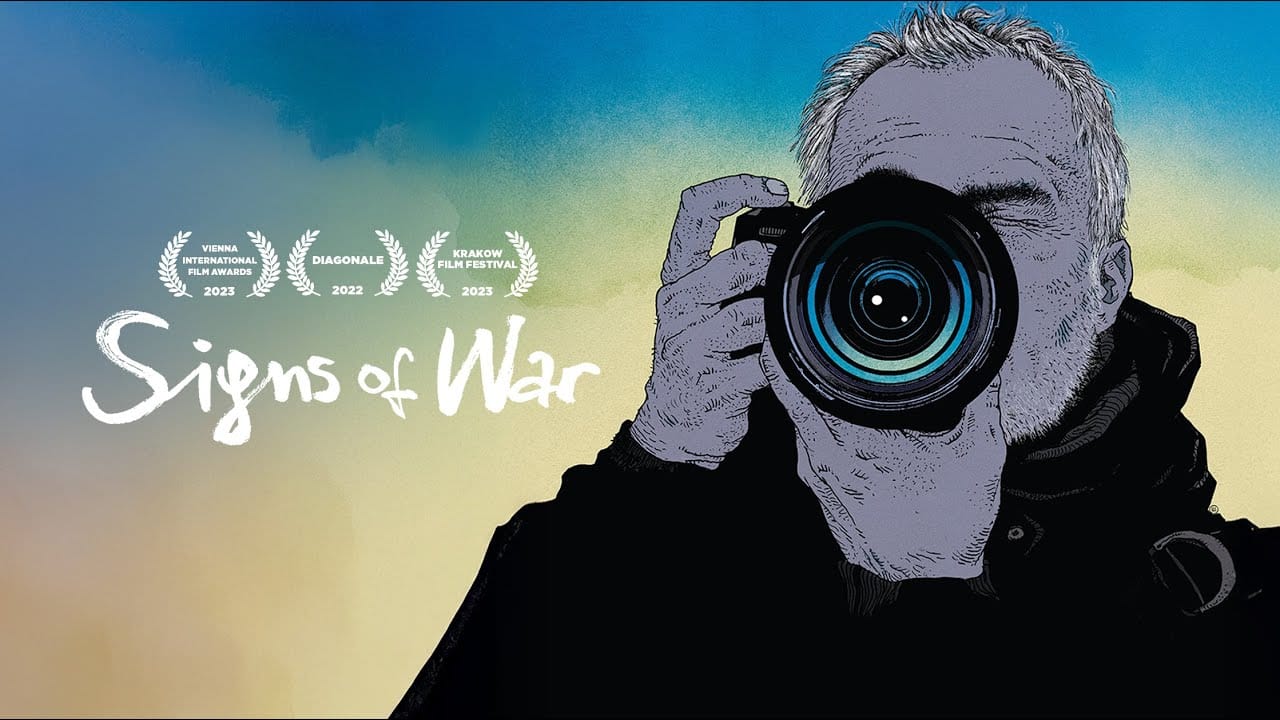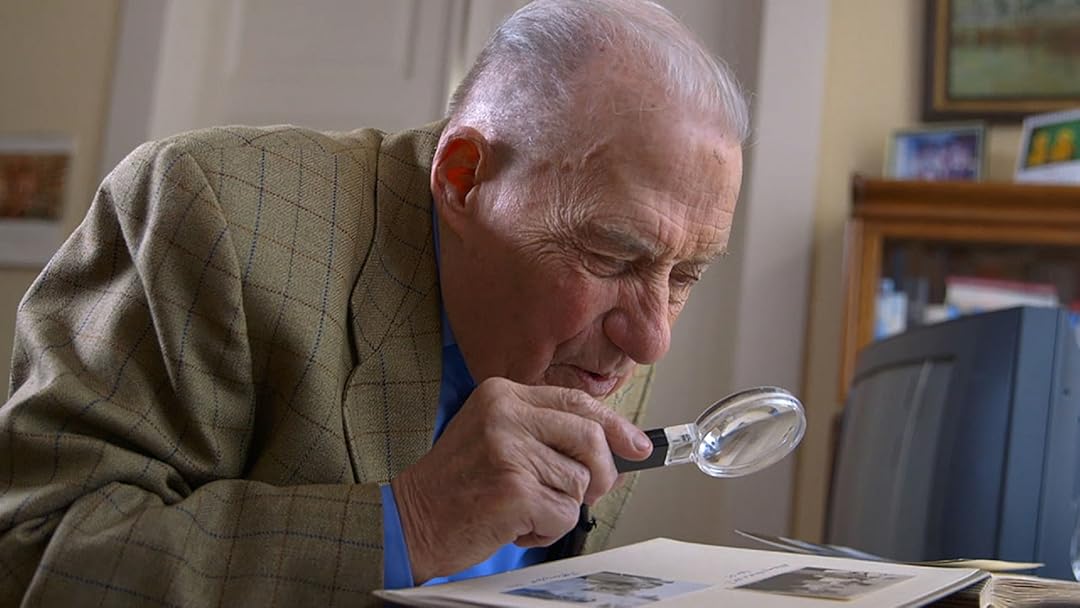Keywords: Fiji, colonialism, murder, racial tension, religious influence
Introduction
"An Island Calling," directed by Annie Goldson and released in 2008, is a riveting documentary that explores the 2001 murders of John Scott and his partner Greg Scrivener in Fiji. This documentary shines a light on the intersection of colonial privilege, evangelical Christianity, and a country grappling with its deep-seated divisions. In an era marked by increasing discussions about colonialism and its lingering effects, this documentary holds significant relevance.
Synopsis
"An Island Calling" examines the brutal murder of John Scott, the general secretary of the Red Cross in Fiji, and his partner Greg Scrivener. As the narrative unfolds, the documentary delves into the complex socio-political landscape of Fiji, a country still wrestling with the legacy of British colonialism and the tension between its indigenous and immigrant populations.
More Film Analysis
Analysis
Goldson adopts an investigative approach, unflinchingly probing into the lives of the victims, the perpetrators, and the wider Fijian society. The documentary is well-researched, unraveling the layers of colonial privilege, religious influence, and societal divisions with meticulous detail. The presentation style is thought-provoking and engaging, effectively drawing the audience into Fiji's tumultuous history and present.
Historical and Factual Context
The documentary is set against the backdrop of Fiji's history as a British colony and its struggle for independence. It sheds light on the racial tension between the indigenous Fijian population and the Indo-Fijian community, descendants of indentured laborers brought by the British.
Key themes in the film
- The lingering effects of colonialism and its impact on post-colonial societies.
- The intersection of race, religion, and societal norms in shaping attitudes and behaviors.
- The struggle for identity and acceptance in a deeply divided society.
Film Comparisons
Unlike other documentaries on iWonder, "An Island Calling" tackles the issue of colonialism from the perspective of a Pacific Island nation, providing a unique insight into the challenges faced by such societies.
Noteworthy Moments
A significant moment in the documentary is the revelation of the murderer's identity, which brings into focus the intersection of race, religion, and societal norms in Fiji's post-colonial society.
Reviews
The documentary has received a mixed reception, with an IMDB score of 5.9. Some viewers praised its in-depth exploration of Fiji's socio-political landscape, while others criticized its focus on the lives of the victims.
Conclusion
"An Island Calling" is an important documentary that offers a critical examination of colonial privilege, religious influence, and societal divisions in post-colonial Fiji. It is a must-watch for anyone interested in understanding the complex dynamics of colonialism and its lingering effects.
FILM SUMMARY
- IMDB score: 5.9
- Rotten Tomatoes score: N/A
- Metacritic score: N/A
- Film festival awards: N/A
PERSONALITIES
- John Scott: General Secretary of the Red Cross in Fiji, one of the murder victims.
- Greg Scrivener: Partner of John Scott, also a victim of the murder.
LOCATIONS
- Fiji: The Pacific Island nation serves as the primary setting for the documentary.
Key Questions Raised by the Film
- How does the legacy of colonialism continue to shape societies like Fiji?
- What role does religion play in Fiji's societal divisions?
- What does the murder of Scott and Scrivener reveal about Fiji's struggle for identity and acceptance?
Links for Further Exploration
I wonder what the film would be in another art form



- A famous book, it would be "Things Fall Apart" by Chinua Achebe for its exploration of the effects of colonialism on indigenous societies.
- A famous song, it would be "Imagine" by John Lennon for its call for peace and unity amid societal divisions.
- A famous piece of art, it would be Picasso's "Guernica" for its depiction of the horrors of violence.
- A famous celebrity, it would be Nelson Mandela for his fight against racial inequality.
- A colour, it would be grey for its portrayal of the complex and murky effects of colonialism.
- A music style, it would be blues for its reflection of societal struggles and hardship.








